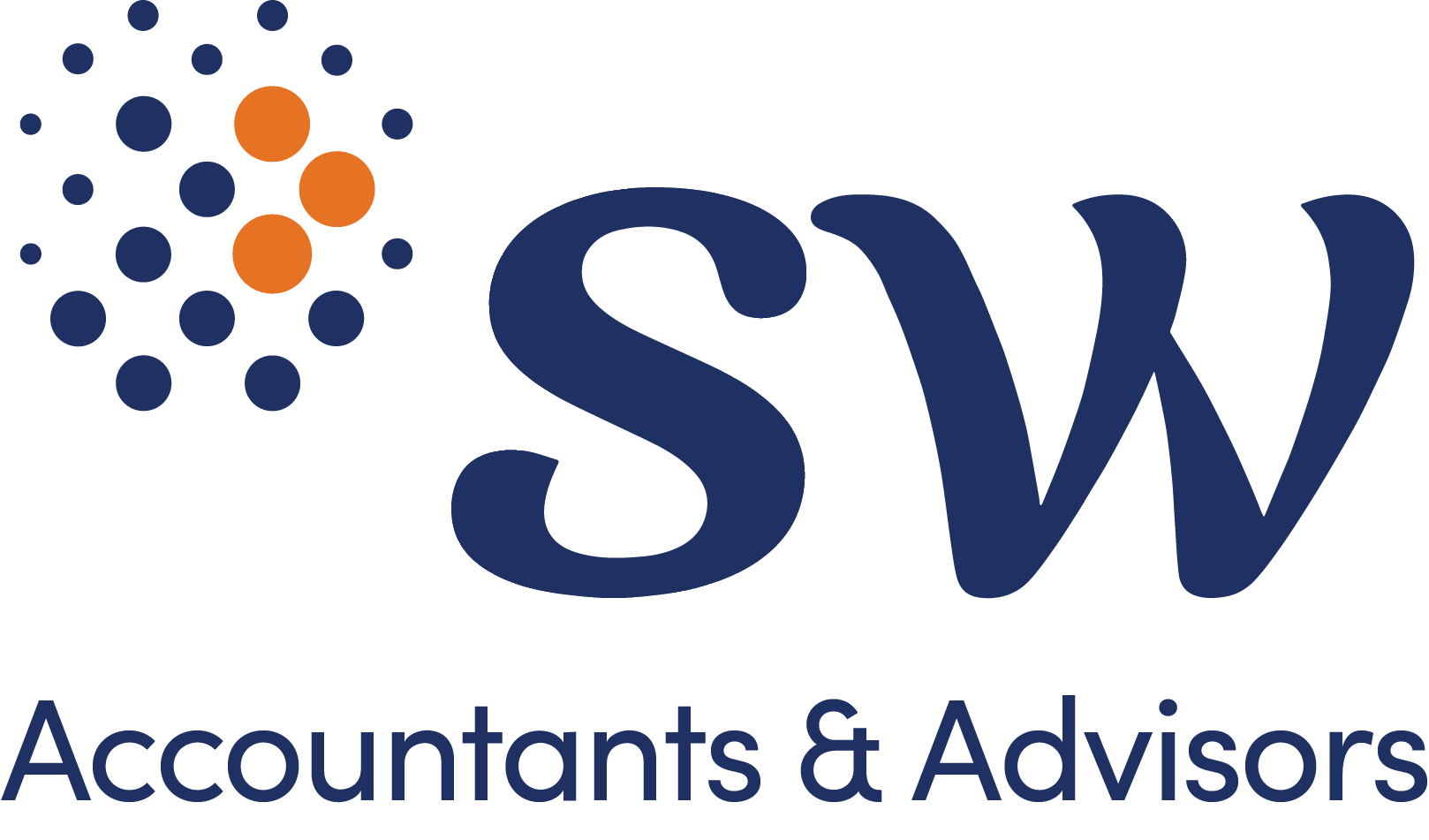
Vacant residential land tax update – companies and trusts
24/05/2024
Under the Vacant residential land tax (VRLT), owners of holiday homes in Victoria can breathe a sign of relief with those properties held in trusts or companies now may be appliable for the holiday home exemption.
The Government has delivered on its promise to extend the VRLT holiday home exemption in relation to land held by companies and trusts. Companies and trusts which held a family holiday home before 28 November 2023 will be able to access the exemption in substantially the same way as individuals under the State Taxation Amendment Bill 2024 currently before Parliament.
Any action needs to urgently be considered and implemented well ahead of 31 December 2024 to ensure the desired outcome in the next round of assessments.
Recap on Vacant residential land tax (VRLT)
For residential land across all of Victoria
The VRLT is:
- a yearly property tax imposed on residential properties in Victoria that are deemed ‘vacant’ for more than six months in a calendar year
- it currently applies to land in inner Melbourne areas but from 1 January 2025 it will apply to residential properties throughout Victoria
- it is in addition to any state land taxes and federal annual vacancy fee that are payable
- currently at 1% of the capital improved value of the land and can rise to 3% where the land is liable for VRLT three years in a row.
Owners are required to notify the SRO by 15 January if they own residential land that has been vacant for more than 6 months in the preceding calendar year.
Unimproved residential land
From 1 January 2026, VRLT will apply to all unimproved residential land in metropolitan Melbourne that has remained undeveloped for at least 5 years and is capable of residential development.
What is the change to the Holiday home exemption?
The exemption for holiday homes under VRLT has been the most topical with our clients. Prior to the Bill, the holiday home exemption was largely available only to individual home owners, not including properties held by trusts and companies. This caused significant concern among property owners as it is common to hold holiday homes through companies and trusts for asset protection and other purposes.
The amendments proposed under the Bill should rectify the current issue and provide Victorian property owners some welcomed relief, however it may only provide limited relief to holiday homes held through companies and unit trusts due to the drafted eligibility criteria.
Eligibility criteria for companies and trusts
For companies and trusts that own holiday homes in Victoria, an exemption from VRLT is available if the following conditions are met:
- The owner held the holiday home on 28 November 2023, or acquired the property after that date under a contract which was entered into on or before 28 November 2023, and the owner has continuously held it since that time
- There has been no change in the shareholding or beneficial interest in the land owner since 28 November 2023, unless the change involves persons who are relatives of one another
- There needs to be a minimum ownership interest of 50% in land owning companies or unit trusts by one or more individuals who have another property in Australia that they use and occupy as their principal place of residence (PPR). For a land owning family discretionary trust, a specified beneficiary or a relative must have used and occupied other land in Australia as a PPR.
- The land has been used and occupied as a holiday home for a period of at least 4 weeks in a calendar year by an individual referred to in paragraph c.
- The Commissioner of State Revenue is satisfied that the land is used and occupied as a holiday home, taking into account the location of the land, the distance between the land and the PPR of the relevant individuals and the nature and frequency of the use of the land.
Challenge for homes held through companies and unit trusts
The challenge for holiday homes held in companies and unit trusts is that to qualify for the exemption, at least 50% of the shares in the company or units in the trust needs to be held directly by an individual. Generally, shares or units are held through discretionary trusts, rather than directly by the individual. Therefore, these companies and unit trusts would not be eligible for the exemption. The Property Council of Australia has notified the Government of this limitation in hopes that Government will review this position.
Contiguous land
For owners eligible for the holiday home exemption, they could also receive an exemption from VRLT for any land that they own that is adjoining to the holiday home and used solely for the private benefit and enjoyment of the person who uses and occupies the holiday home (for example, tennis courts and swimming pools). This exemption is relevant for owners with holiday home and contiguous land (on separate title) located in metropolitan Melbourne because from 1 January 2025, vacant land within metropolitan Melbourne left unimproved for 5 years or more becomes liable for VRLT.
How SW can help
Owners of holiday homes in Victoria should carefully consider the above changes and any appropriate actions to take full advantage of the relevant exemptions that are available. Any actions needs to urgently be considered and implemented well ahead of 31 December 2024 to ensure the desired outcome in the next round of assessments.
Our state tax experts can provide you with appropriate advice and assistance in relation to VRLT and any eligibility for exemption.

